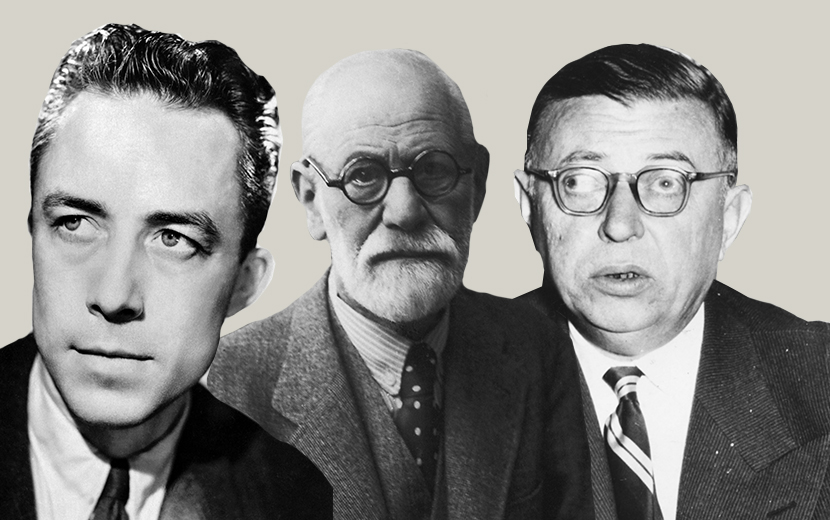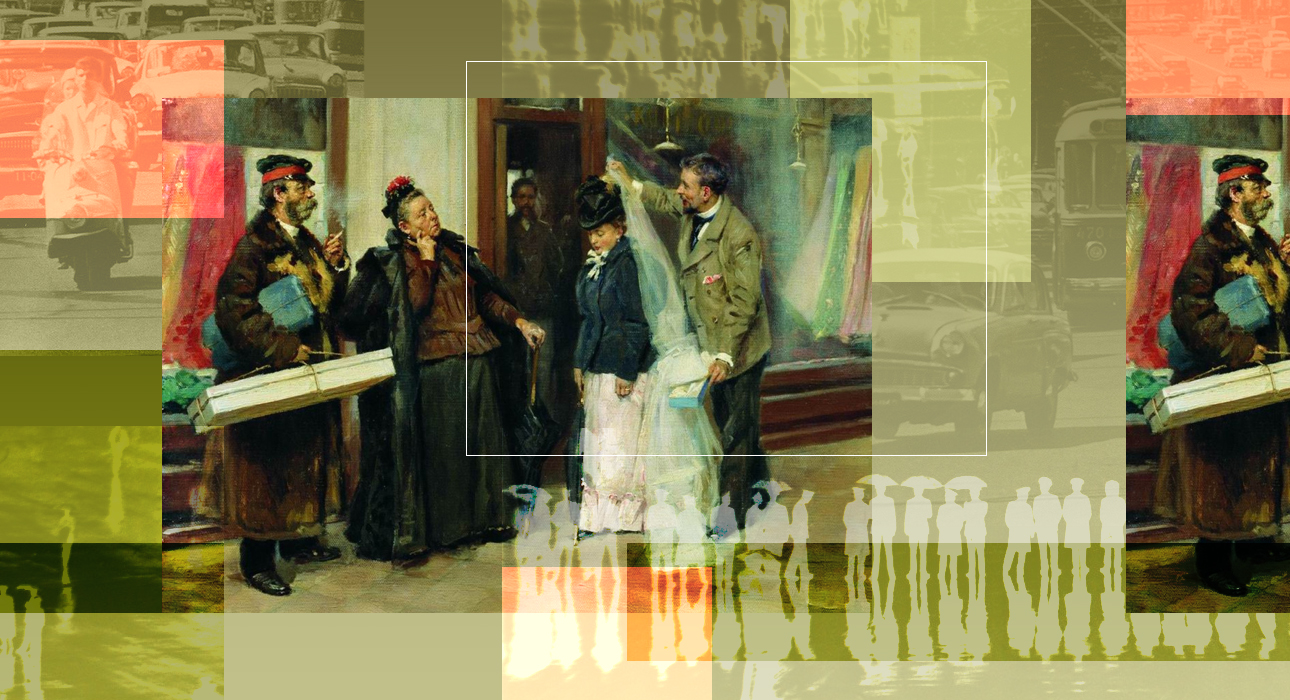Philosophy is not an easy thing, but not knowing its main representatives is just a shame. That’s why we decided to compile a small guide for the major philosophers of the 20th century. Moreover, the reason for this is quite appropriate – Philosophy Day, which was announced at the 33rd session of the UNESCO General Conference in 2005 and held on the third Thursday of November every year, today the whole world is the world community at the global level in terms of the richness of philosophical thought.
Jean-Paul Sartre
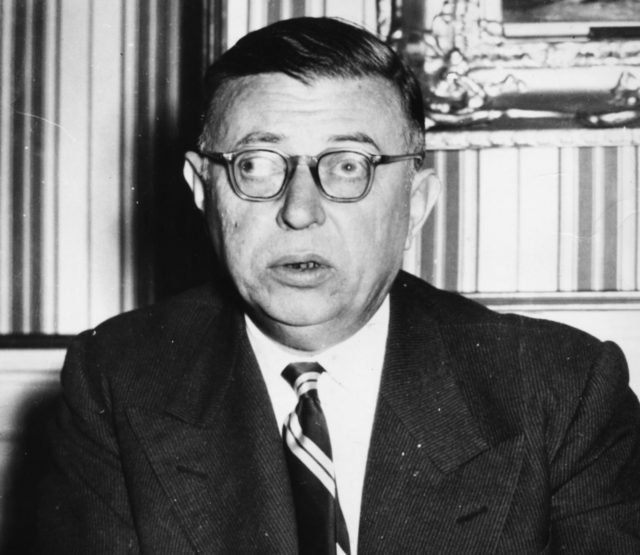
Who he is: French philosopher, representative of atheistic existentialism, writer and teacher. Winner of the 1964 Nobel Prize in Literature, which he refused.
What it is known for: One of the central concepts of Sartre’s entire philosophy is the concept of freedom. Sartre saw freedom as something absolute, definitively given. The philosopher believed that it was human activity that gave meaning to the world around us.
What to read: “Nausea”, “Words”, “Strange Friendship”, “Flies”
Unusual facts: Sartre was short, only 1.58 m. Jean-Paul met Simone de Beauvoir when he was a student, they lived in a civil marriage and preferred an open relationship. The philosopher had an affair with the Russian aristocrat Olga Kozakevich. When his wife found out about this, she seduced Olga and even dedicated the novel She Came to Stay to her. After that, Sartre became interested in Olga’s sister, Wanda.
Albert Camus
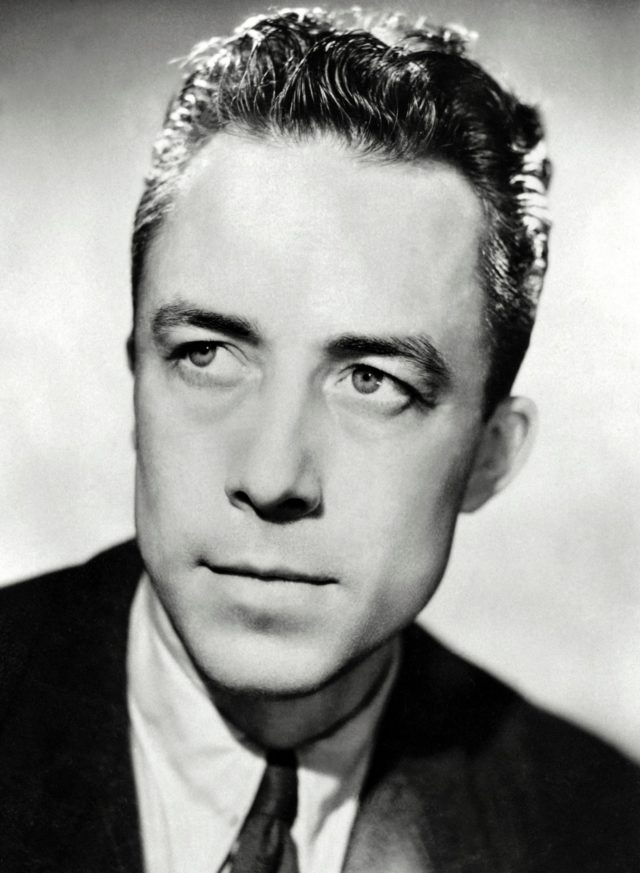
Who is he: French prose writer, philosopher, essayist, publisher.
Known For: He is considered an existentialist philosopher (philosophy of existence). He was awarded the Nobel Prize in 1957 “for his tremendous contribution to literature by emphasizing the importance of the human conscience”.
What to read: The Stranger, The Myth of Sisyphus, The Plague.
Unusual facts: Albert did not believe in the family and the institution of marriage, but despite this, he was married twice and had children. Considered the most stylish philosopher of the 20th century. Camus also smoked a lot and even named his cat Cigarettes.
Carl Jung
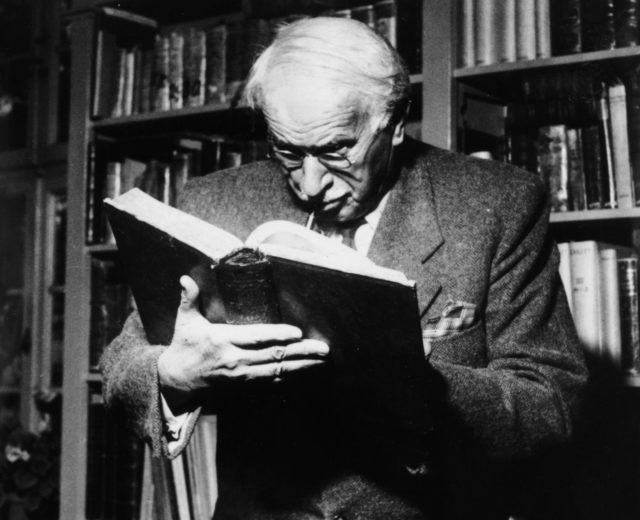
Who he is: Swiss psychiatrist and teacher, founder of one of the fields of depth psychology. He was a close friend of Sigmund Freud from 1907 to 1912.
What he is known for: Jung developed the doctrine of the collective unconscious in images, which he saw as the source of universal human symbolism, including myths and dreams.
What to read: “Memories, dreams, reflections”, “Metamorphoses and symbols of libido”.
Unusual Facts: Jung married Emma Rauschenbach, who came from a wealthy Swiss family, in February 1903. They had five children. During this marriage, Jung also had extramarital affairs. His most famous daughters were: Toni Wolf – his mistress, family friend, Sabina Spielrein – Jung’s patient, later his student.
Friedrich Nietzsche
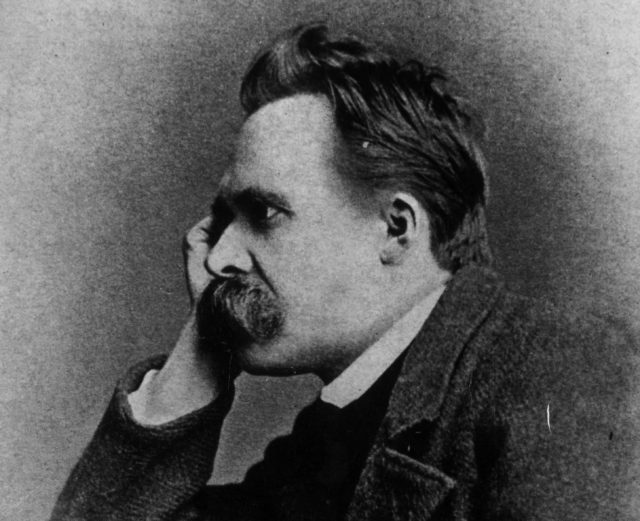
Who is he: German thinker, poet.
Known for: Creator of an original philosophical doctrine, the concept of which includes specific criteria for assessing reality and questions the fundamental principles of existing morality, religion, culture and socio-political relations.
What to read: Antichrist. Damn Christianity”, “Man, too many people. A Book for Free Minds”, “The Will to Power”.
Unusual facts: Nietzsche became a professor at age 24 and retired at 36. The philosopher’s health was very poor: from the age of 18 he suffered from severe headaches, severe insomnia, and by the age of 30 his vision deteriorated sharply. Although he wrote his works, he spent his whole life struggling with the disease. After the death of his mother, Friedrich could neither move nor speak: he had a stroke.
Michel Foucault
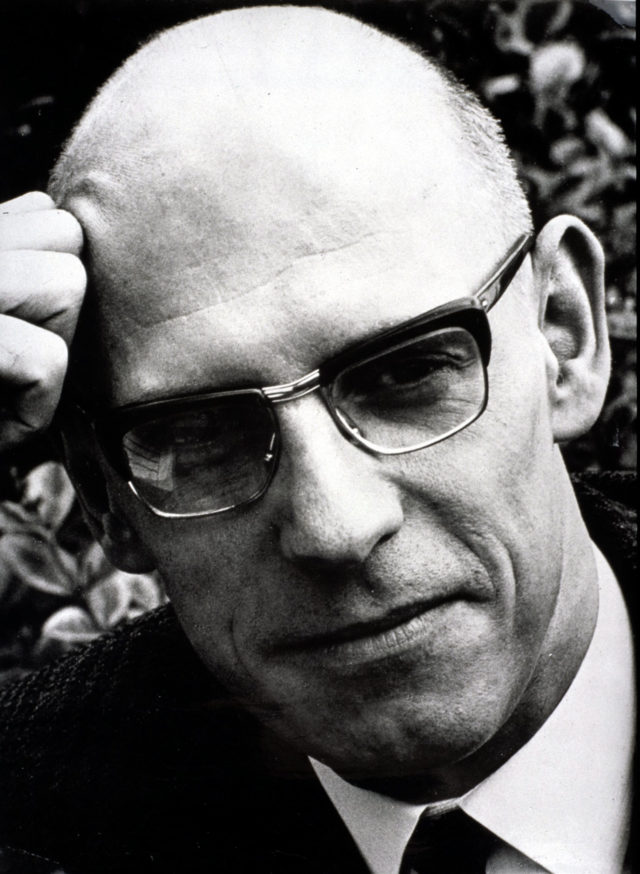
Who he is: French philosopher, cultural theorist and historian. He founded the first psychoanalysis department in France.
Known for: Foucault’s books are written about the social sciences, medicine, prisons, the problem of insanity, and sexuality.
What to read: Prosecution and Punishment, The Birth of the Prison, History of Madness in the Classical Age, Words and Things, The Will of Truth: Beyond Knowledge, Power, and Sexuality.
Unusual facts: Michel was a homosexual, he began to realize this when he was a student. Therefore, the philosopher even tried to commit suicide.
In the early 50s, Foucault began a tumultuous romance with Jean Barraque. After parting, fate brought her to a young man named Daniel Defer. The feelings turned out to be mutual and survived until the death of the philosopher. They were supporters of open relationships and had side-to-side relationships.
Sigmund Freud
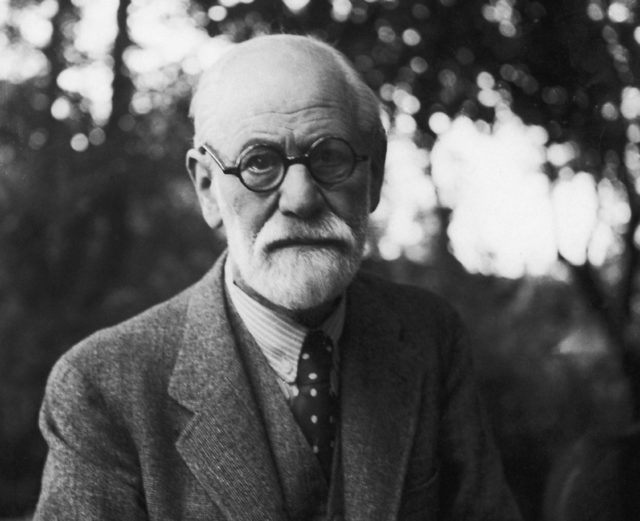
Who is he: Austrian psychologist, psychoanalyst, psychiatrist and neurologist.
Known for: Founder of psychoanalysis, who had a significant influence on psychology, medicine, sociology, anthropology, literature and art of the XX century.
During his life, Freud wrote and published a large number of scientific works – the complete collection of his works is in 26 volumes.
What to read: “Dream Interpretation”, “Mass Psychology and Analysis of the Human Self”, “Culture Dissatisfaction”.
Unusual Facts: As a young man, Freud was fluent in French, English, Spanish, and Italian, and also studied Greek and Latin. Late in his life, he was increasingly accused of sexism, and many believed his clinical studies were mostly flawed. With the coming to power of Adolf Hitler, the Nazis began to burn the books of the leading figures of world science, including the work of Freud, because it was contrary to the Nazi ideology.
Ludwig Wittgenstein
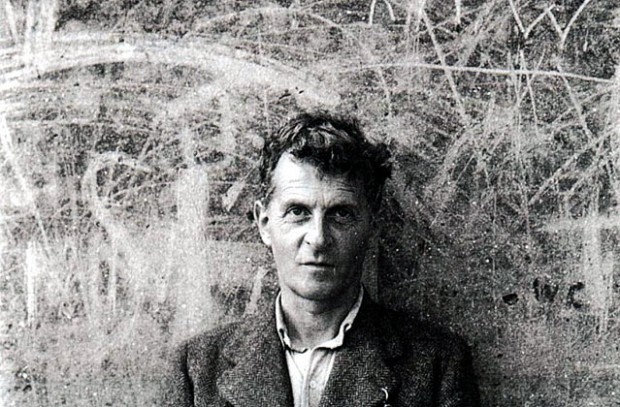
Who is he: Austrian philosopher and logician.
What is known: he came up with a program to create an artificial “ideal” language, the prototype of which was the language of mathematical logic. Philosophy was understood as “language criticism”.
What to read: “Tractatus Logico-Philosophicus”.
Unusual Facts: Three of Ludwig’s four brothers committed suicide. The philosopher went to the same school with Adolf Hitler for three years.
Wittgenstein was released from military service, but nevertheless volunteered for the front. Wounded, rewarded for bravery, promoted to lieutenant, then taken prisoner.
After the war, he gave up his inheritance in favor of his brothers. Back then, he often spoke of suicide and even considered taking monastic vows, but eventually limited himself to working as a convent gardener.
Source: People Talk
Errol Villanueva is an author and lifestyle journalist who writes for The Fashion Vibes. With a passion for exploring the latest trends in fashion, food, travel, and wellness, Errol’s articles are a must-read for anyone interested in living a stylish and fulfilling life.

